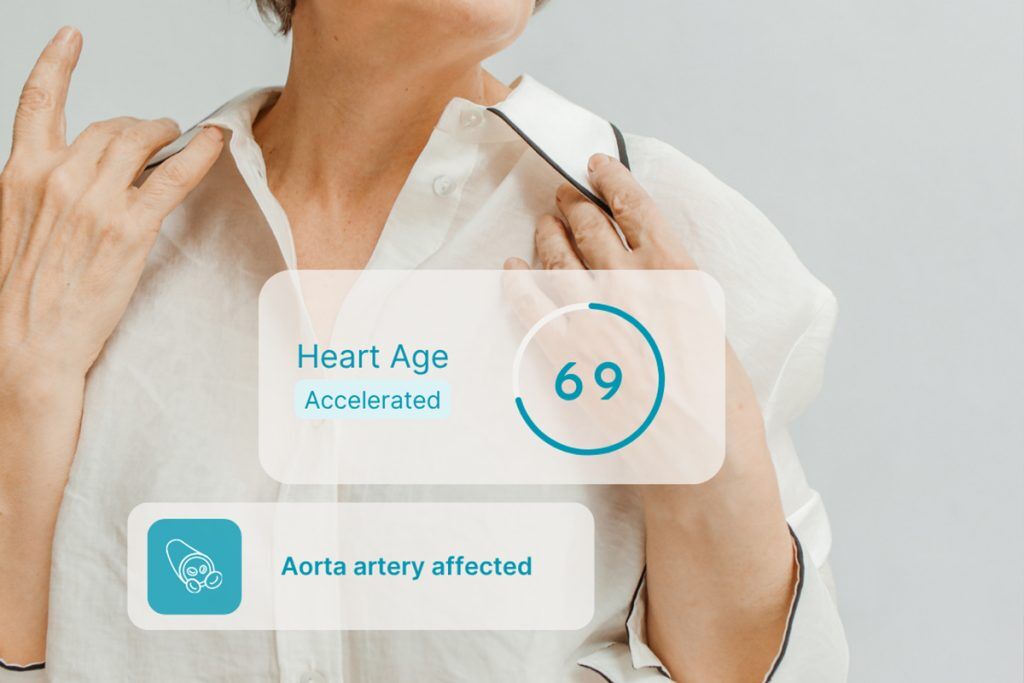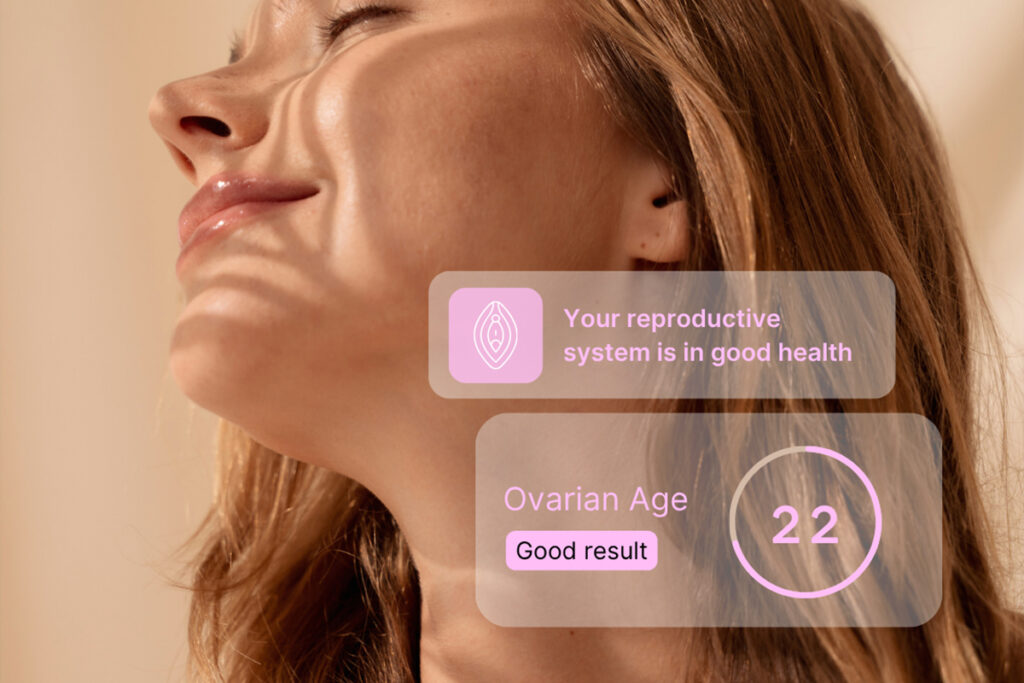BASE4 Biosciences focuses exclusively on female biological data to address women’s underrepresentation in biomedical research.
Women’s health biotech BASE4 Biosciences has emerged with a blood-based multi-omics platform designed to offer an early view of how more than forty-five organs are aging and whether they show molecular signs of deterioration before disease becomes evident. Critically, the company’s platform is built on AI models trained exclusively on female biological data.
A spin-out from the Sant Pau Research Institute in Barcelona, BASE4 claims its technology analyzes more than sixteen thousand gene-expression signals from a single standard blood sample and projects them onto individual tissues. The result is a readout of each organ’s biological age, its proximity to functional decline and the molecular pathways driving that trajectory.
“For the first time, women can access a detailed, early, and molecular view of what is happening inside their organs—even when they feel perfectly healthy,” said BASE4’s Chief Scientific Officer Dr José Manuel Soria. “It’s a new layer of biological information that empowers women to act long before any damage becomes irreversible.”
BASE4 argues that its female-first approach is necessary because physiological transitions unique to women – ranging from fertility and pregnancy to perimenopause and menopause – shape molecular patterns in ways not captured by models trained on male datasets. The company sees its mission as an attempt to correct a longstanding imbalance in biomedical research, where women were historically excluded from clinical trials and remain underrepresented in many datasets. That gap contributes to diagnostic delays across hundreds of conditions, a higher burden of chronic symptoms and substantial economic costs tied to missed or incorrect diagnoses.
“Most AI models in medicine are trained on male populations,” said co-founder Dr. Ángel Martínez. “We built a system tailored to women’s biology, acknowledging that their molecular trajectories change across life stages. This is essential if we want personalized and effective healthcare.”
BASE4 draws inspiration from early studies led by biochemist and elite athlete Emma Roca, whose work on gene-expression changes in athletes helped lay the scientific foundations for the platform. BASE4 CEO Pol Cervera told us that Roca’s death from a late-diagnosed cancer underscores how limited biological insight can be when female-specific data is lacking, influencing the company’s focus on building what it calls a Human Female Body Atlas.
“Millions of women are navigating symptoms that remain unexplained or misinterpreted because existing models do not account for their biology,” said Cervera. “Our goal is to give women access to answers grounded in their own molecular data—accurate, early and personalized.”

The system estimates tissue-level mortality risk and flagging early deviations that conventional diagnostics typically miss. BASE4’s founders say the ability to identify transcriptomic anomalies in real time opens the possibility of acting at a stage when damage may still be reversible. The company’s algorithm draws on research that has shown a direct relationship between blood gene-expression profiles and the functional state of organs.
BASE4’s first commercial product, a women-centered blood test, will be offered through clinics and certified health professionals starting in January 2026 in Barcelona. An initial batch of 500 analyses will be released as part of a beta program ahead of a broader European and US rollout. The company is also running a clinical validation study for a second test aimed at predicting premature ovarian failure and detecting early ovarian alterations, a diagnostic it believes could support millions of women facing fertility challenges. Completion of that study is planned for early 2027, with commercialization through fertility clinics to follow.
BASE4 has secured more than €7 million in grant funding to date. It is now seeking to raise €2.5 million in a pre-seed round to finance its first product launches and ongoing clinical validation, and to accelerate international expansion.

